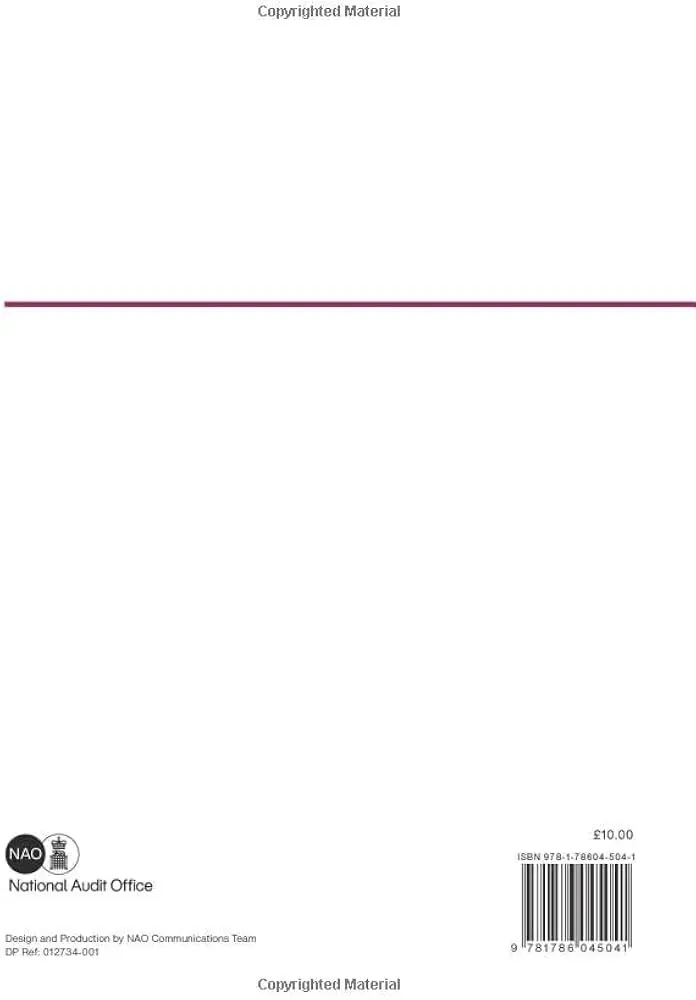The ongoing controversies surrounding Prince Andrew have ignited fierce discussions concerning the level of scrutiny that the royal family should face within the UK Parliament. Recent revelations, including troubling connections to convicted sex offender Jeffrey Epstein, have brought this issue to the forefront. Lord George Foulkes, a prominent Labour peer, is advocating for a transformation of the rules that currently prohibit parliament from probing the activities of the royal family in depth. This article delves into the implications of such scrutiny and voices the growing community concerns regarding the utilization of taxpayer money to support the monarchy.
Balancing Tradition and Accountability
For many years, the royal family has been shielded from extensive parliamentary examination, a practice steeped in tradition. Yet, as calls for transparency intensify, the need for evaluative measures is more apparent than ever. Lord Foulkes aims to challenge the norms by presenting his case for a public register of royal interests, an initiative that could reshape perceptions of accountability associated with the royals.
With the ever-growing number of scandals involving royal family members, the traditional deference afforded to the monarchy is increasingly met with skepticism. The financial implications of royal duties, especially when backed by taxpayer funding, demand a fresh approach to governance where public interests outweigh historical privilege. The challenge lies in striking a suitable balance between honoring the royal traditions and ensuring that public funds are managed responsibly.

The Ongoing Scandals Surrounding Prince Andrew
Recent events have propelled Prince Andrew into the limelight for all the wrong reasons. Allegations of his connections to Epstein exacerbate the need for parliamentary attention. Inner workings of the royal family have remained opaque, often leaving the general public with unanswered questions and limited insight into the royals’ dealings.
High-profile figures, including Lord Foulkes, have noted that emails have surfaced, contradicting the prince’s claims of severing ties with Epstein. For instance, an email from February 2011 reportedly shows a ‘member of the royal family,’ identified by some as Andrew, encouraging continued ties with Epstein. This revelation contradicts previous assertions made by the prince during an infamous BBC interview, where he claimed to have discontinued all contact by December 2010.
The implications of these ongoing scandals extend beyond Andrew himself. They reflect a broader issue within the royal family’s perception and trustworthiness. The Labour peer’s push for a reexamination of scrutiny rules, especially in light of these scandalous revelations, aims to foster transparency where trust was once taken for granted.
The Need for a Public Register of Interests
As discussions surrounding accountability gain traction, the concept of a public register of royal interests becomes increasingly relevant. Such a register would provide transparency regarding the financial dealings and interests of royal family members. The notion of holding royals accountable to the same standards applied to public servants is a progressive move that aligns with modern democratic ideals.
Lord Foulkes emphasizes the necessity for such measures, arguing that taxpayers have a right to know how their funds are utilized. With the annual financial support for the monarchy anticipated to see a significant increase, concerns from parliamentary members — especially those newly elected — amplify the urgency of implementation.
The historical context showcases a strong hesitance among parliamentarians to scrutinize the royals. This reluctance is often attributed to long-standing norms that privileged royal interests over public accountability. However, the pressing demand for change cannot be ignored; the scandalous behavior of some royals can no longer remain in the shadows, unexamined by those who represent the public.

Revising Parliamentary Rules for Clarity
The argument for reforming the rules that currently shield the royal family from scrutiny is increasingly supported by those keen on fostering a transparent governance culture. Lord Foulkes has been vocal about the veto powers exercised by clerks within the House of Lords, which have thwarted attempts to raise relevant concerns about the royal family’s actions in parliament. Such restrictions raise serious questions about the concepts of accountability and transparency in governance.
Moreover, the concerns around public spending and oversight in the monarchy reflect a significant shift in public sentiment. Discontent towards financial matters linked to the royal family rises as revelations surrounding Andrew’s financial engagements compound existing frustrations with public funding.
Those in support of reform echo Foulkes’ sentiments, asserting that the rigid application of parliamentary rules has hindered necessary discussions regarding the royal family and has allowed for a culture of secrecy to prevail. The existing protocols need to be reviewed and revised; adjustments should permit discussions that promote accountability of royals, ensuring that their financial dealings remain aligned with public expectation.
The Financial Burden of the Royal Family
Taxpayer funding for the royal family is an ongoing issue that weighs heavily on the shoulders of the British public. With indications that funding is set to rise significantly, voices across political spectrums are questioning the justification for such expenditures. Concerns raised by newly-elected MPs reveal a growing unease regarding the royal family’s consumption of public funds without commensurate accountability.
The financial practices of the royal family must align with societal expectations, providing justification for the resources allocated by the taxpayers. As Lord Foulkes implores, examining the expenditures linked to royal duties highlights the urgent need for reform to uphold accountability these institutions are expected to maintain.
Without established norms surrounding the accountability of royal financial dealings, public confidence shrinks. In contrast, enhanced scrutiny could foster a greater understanding and trust in the financial responsibilities associated with the monarchy. Implementing a public register could serve to demystify the financial landscape surrounding the royals, paving the way for transparent governance.

The Wider Context of Royal Accountability
To fully grasp the significance of increased scrutiny over the royal family, it’s important to contextualize the ongoing debates within broader social and political movements. Public discourse around governance has shifted dramatically in recent years due to socio-political upheavals, prompting a reevaluation of institutions historically seen as untouchable.
This reexamination emphasizes democratization and public oversight, feeding into calls for royal accountability. Public attitudes towards the monarchy may not only reflect discontent regarding financial expenditures; they signify a larger dialogue around governance and power dynamics in the UK.
Several motions have passed through parliament advocating for increased scrutiny of public figures, dictating a push towards understanding whose interests are prioritized. Lord Foulkes’ initiative is an essential part of this movement, setting the stage for a necessary conversation about the intersection of privilege, accountability, and the role of the monarchy in modern governance.
Redefining the Role of the Monarchy
Revisiting the role of the monarchy necessitates open discussions about the responsibilities tied to royal titles and honors. The perception of the royal family within the UK continues to evolve, as does the discourse around privilege and service. Addressing issues pertaining to scrutiny will help redefine the monarchy for future generations.
As society advances in its expectations of transparency and accountability, members of the royal family must adapt their roles accordingly. Exploring measures that promote transparency and openness builds public trust and prevents scandalous headlines from derailing the image of the institution.
The idea of a public register of royal interests reflects a societal shift towards accountability and responsibility. Such a development could set a precedent for not just the royal family but also other public institutions that receive taxpayer funds. The road ahead may be challenging, yet the promise of accountable governance acts as a guiding principle in this transformation.

Source: www.theguardian.com
I’m Mikael, a 35-year-old Gossip Gravity Creator. I’m passionate about curating captivating content that sparks conversations and ignites curiosity. Join me on this exciting journey as we explore the fascinating world of gossip and trends together!



